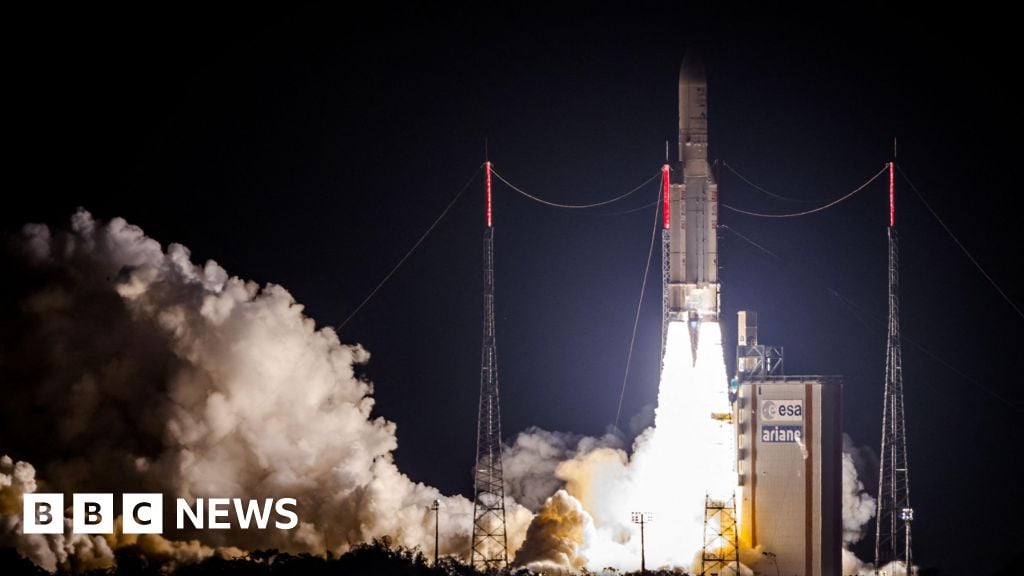- cross-posted to:
- [email protected]
- cross-posted to:
- [email protected]
A communications satellite designed and built by embattled aerospace giant Boeing has broken up in orbit.
The satellite’s operator, Intelsat, has confirmed the “total loss” of iS-33e, which has affected customers in Europe, Africa and parts of the Asia-Pacific region.
Intelsat also says it has taken steps to complete “a comprehensive analysis” of the incident.
Boeing has been facing crises on multiple fronts, with a strike at its commercial plane business and issues with its Starliner spacecraft.
An alert on the platform said the US Space Forces also said it is “currently tracking around 20 associated pieces” of the satellite.



Most satellites are in low-earth orbit where drag is minimal, not nonexistent. Further out adds too much latency and weakens the signal too much for most commercial applications.
Are most communications satellites in LEO? Can you do a geostationary LEO? I thought you had to be higher. This definitely sounds like a geostationary satellite if it is affecting a specific part of the planet.
No, those are mutually exclusive.
But you can have communication satellites in LEO, see: Starlink.
I knew Starlink was in LEO, but I don’t think this satellite was based on the description.
Yep, this one was in geostationary orbit.
https://en.wikipedia.org/wiki/Intelsat_33e
Orbits and their height are determined by the speed the object is moving at. Getting into orbit isn’t about getting something very high, it’s about getting it moving very fast. Geostationary height is the height that the object is moving at the same rotational speed as the body it’s orbiting. Any lower or higher and it won’t be geostationary anymore.